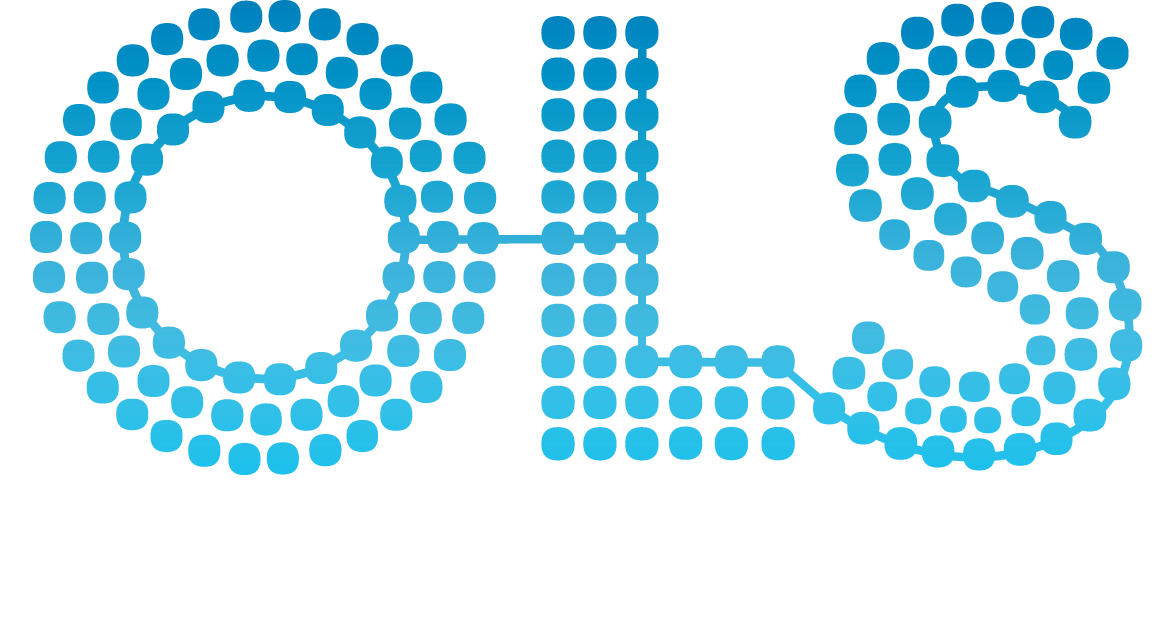An inactive fibroblast; cytoplasm is sparse, endoplasmic reticulum is scanty with flattened nucleus. Term used by some histologists; when fibroblasts become relatively inactive in fiber formation. However, this cell has the potential for fibrogenesis in quiescent connective tissue of the adult, as well as during development, other histologists prefer to use the term fibroblast in all circumstances. These cells represent ~0.5% of peripheral blood leukocytes. [ http://www.ncbi.nlm.nih.gov/pubmed/9551999 GOC:tfm http://www.ncbi.nlm.nih.gov/pubmed/8790603 http://en.wikipedia.org/wiki/Fibrocyte http://www.ncbi.nlm.nih.gov/pubmed/17607298 https://www.worldcat.org/search?q=bn%3A0412046911 https://www.worldcat.org/search?q=bn%3A0517223651 http://www.ncbi.nlm.nih.gov/pubmed/15010326 http://www.ncbi.nlm.nih.gov/pubmed/11641248 GOC:dsd http://www.ncbi.nlm.nih.gov/pubmed/18222966 ]
Term information
- FMA:63879
cellxgene_subset
Cultured human fibrocytes are MHCI-positive, MHCII-positive, CD1a-negative, CD3-negative, CD4-negative, CD8-negative, CD10-negative, CD11b-positive, CD13-positive, CD14-negative, CD16-negative, CD18-positive, CD19-negative, CD25-negative, CD29-positive, CD32-positive, CD33-negative, CD34-positive, CD38-negative, CD40-positive, CD44-negative, CD45RO-positive, CD49a-positive, CD49b-positive, CD49c-negative, CD49d-negative, CD49e-positive, CD49f-negative, CD56-negative, CD58-positive, CD61-positive, CD64-positive, CD70-negative, CD71-positive, CD80-positive, CD83-negative, CD86-positive, CD103-negative, CD105-positive, CD181-positive, CD182-negative, CD183-positive, CD184-positive, CD185-negative, CD186-negative, CD191-positive, CD192-negative, CD193-positive, CD194-positive, CD195-positive, CD196-negative, CD197-positive, CD199-positive, desmin-negative, F4/80-positive, Gr1-positive, LSP-1-positive, MHCI-positive, MHCII-positive, alpha-SMA-negative, TCRab-negative, TCRgd-negative, and vimentin-positive. Fibrocytes are also capable of secreting angiogenin, bFGF, CCL2, CCL3, CCL4, CCL8, CXCL1, type I collagen, type III collagen, CTGF, fibronectin, GM-CSF, IL-1a, IL-6, IL-8, IL-10, M-CSF, MMP-9, PDGF-A, TGF-alpha, TGF-beta1, TNF-alpha, and VEGF-A.
Term relations
- stromal cell and capable of some antigen processing and presentation of peptide antigen via MHC class II and capable of some positive regulation of angiogenesis

